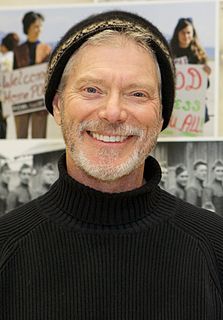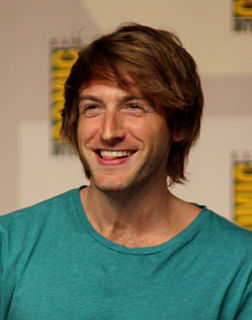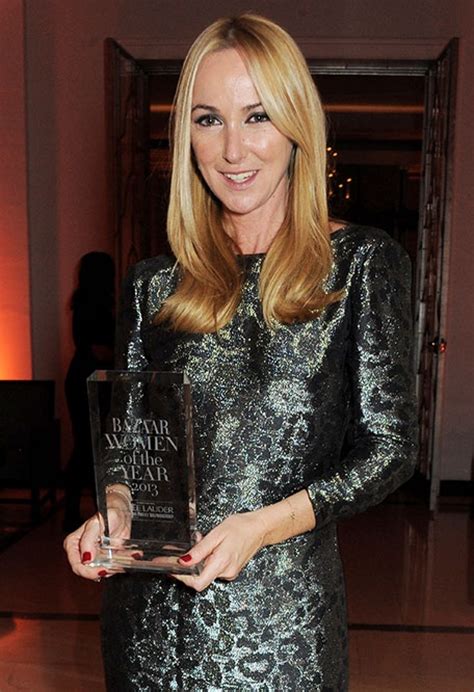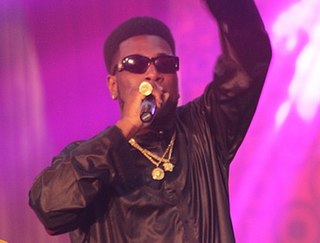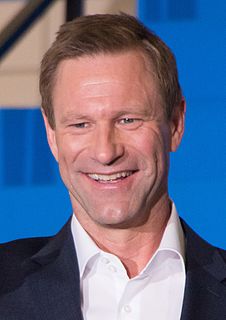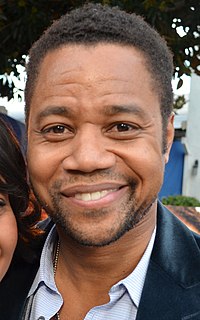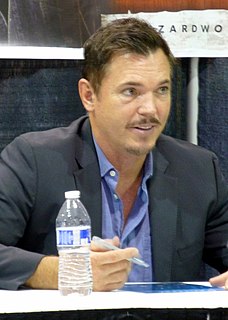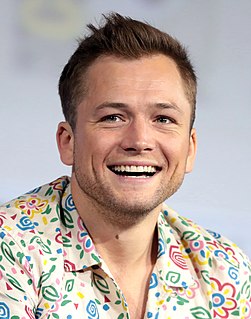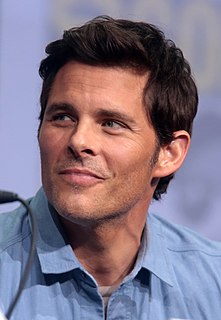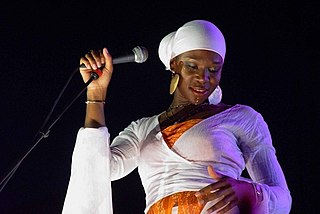A Quote by Stephen Lang
The truth is, I'm a character guy. That's how I see myself. I always see the role as being far more interesting and important than I am... not all actors approach it that way.
Related Quotes
I don't see myself as one type of actor. When you get one role, you start to get cast in that role for awhile because that's what people have seen you do, and have hopefully seen you do it successfully. And so, it becomes an easier thing to see you as, for casting directors and directors, and they start to think of you as that particular person or type of character. But, for me, I'm just an actor, first and foremost. The actors I respect are the real character actors, who are the real chameleon actors that completely change from role to role.
I cannot tell you that I am 100-percent comfortable, but for sure I am more confident of my goals, because I know what I can expect from this kind of event. At the beginning, everything was a mysterious, far-from-me world, and now it's more accessible. Of course, exposing myself is always very difficult. I cannot say that I'm a shy person, but I don't see myself as a superstar. I will never see myself like that.
I have done scenes as Harvey Two-Face. It's interesting. I won't tell you exactly what we're going for, but I think that I can say that it will use all of today's technology to create this character. He's going to be interesting, and I think that's what makes this character important in the movie-you get to see him as he was before, as in the comic books. Harvey is a very good guy in the comic books. He's judicious. He cares. He's passionate about what he loves and then he turns into this character. So you will see that in this film.
The endless teen franchises that come out of Hollywood... more often than not, the central character doesn't have any discernible character traits. They're just the young, good-looking guy who goes on this journey. They're always played by fantastic young actors, but ultimately, they're not very interesting characters.
I've said this before, but I've always felt more comfortable playing the guy who thinks he's the hot shot or thinks he's the greatest and is so far from it, you know? The misguided character. That's always more interesting to me - especially with a comedy. I've always felt inside more like a character actor.
